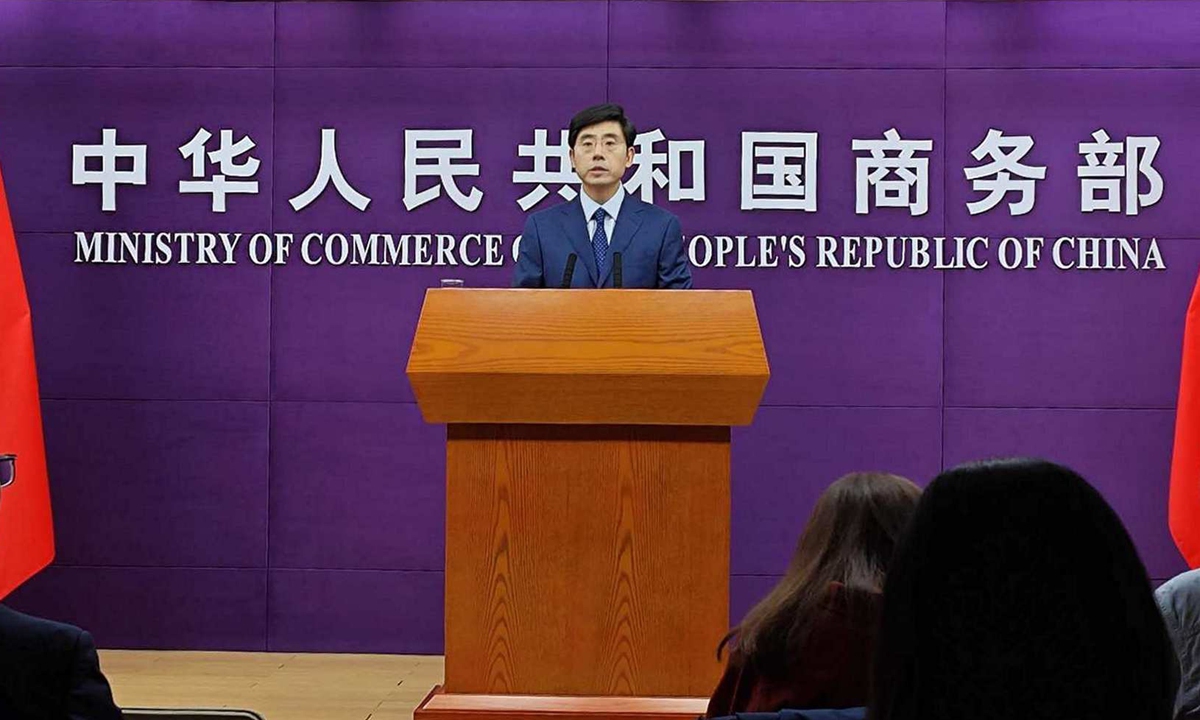Qingdao Longbang Boosts Stake: Ownership and Governance Impact

The recent announcement regarding Qingdao Longbang Petroleum Chemical Co., Ltd.'s increased stake in Qingdao Compton Technology Co., Ltd. marks a significant corporate maneuver that underscores broader economic trends in China. This move not only consolidates control over the company but also raises questions about ownership concentration and governance within the corporate structure. With the controlling shareholder securing an additional 2,987,800 shares, their total holding has now reached 52.98%, indicating a stronger foothold in an environment where strategic stakes are increasingly pivotal to maintaining competitive advantage.
The total investment of RMB 26.0932 million positions itself comfortably within the anticipated range of RMB 20 million to RMB 35 million, signaling a well-calibrated approach to capital infusion. This calculated decision reflects a trend among Chinese corporations to prioritize organic growth and stability in a post-pandemic economy characterized by volatility. By completing this investment within the designated timeframe, Qingdao Longbang enhances shareholder confidence, which is particularly essential as companies navigate the complexities of a recovering economy amidst ongoing global supply chain disruptions.
However, the heightened concentration of ownership raises pertinent concerns. With the controlling shareholder and its related parties holding nearly 53% of Qingdao Compton’s shares, decisive corporate governance could be at risk. This dynamic brings to mind historical precedents, such as the 2008 financial crisis, where corporate governance issues stemming from concentrated ownership led to conflicts of interest and poor decision-making. Additionally, the reliance on a RMB 30 million loan from China Everbright Bank to facilitate this acquisition illustrates a potential dependency on external financing. One must ask: what risks might emerge if the company's financial performance fails to meet expectations, especially given the broader economic uncertainty prompted by shifting regulatory landscapes in China?
In the wake of these changes, stakeholders—including investors, regulators, and consumers—must maneuver carefully. For investors, the current scenario presents both risks and opportunities; while the consolidation of ownership can streamline decision-making towards strategic initiatives, it simultaneously poses challenges related to governance and accountability. Future investors will need to consider not only the financial metrics, such as EBITDA margins and return on equity, but also the governance structure and risk management practices of Qingdao Compton, particularly as the global market remains sensitive to geopolitical tensions and economic shifts.
In conclusion, while the increased shareholding by Qingdao Longbang positions Qingdao Compton favorably in the short term, the long-term implications of such a concentrated ownership structure require scrupulous examination. As this investment strategy unfolds, stakeholders must remain vigilant about the potential vulnerabilities it introduces, especially in relation to regulatory changes and the overarching economic climate heading into the next fiscal year. The balance between growth and governance will be critical in determining the resilience of Qingdao Compton’s market position.
Read These Next

China to Implement New Measures Against Smuggling of Strategic Minerals
China's Commerce Ministry unveils new measures to combat strategic mineral smuggling, enhancing agency coordination to protect security.

Financial Implications of Gankang Loan Agreement
A critical commentary analyzing the recent loan agreement between the company and Gankang Company, evaluating its implications on corporate strategy, financial trends, potential risks, and drawing parallels with historical precedents.

Trump launches American AI plan, no 'woke AI' in Washington
This news article discusses Trump’s recent initiative to halt "woke AI" in Washington, introducing executive orders aimed at enhancing the integrity and neutrality of AI models used by the federal government. The plan underscores a broader conversation about inclusivity in AI ethics and its implications for corporate and regulatory actions in the tech industry.
